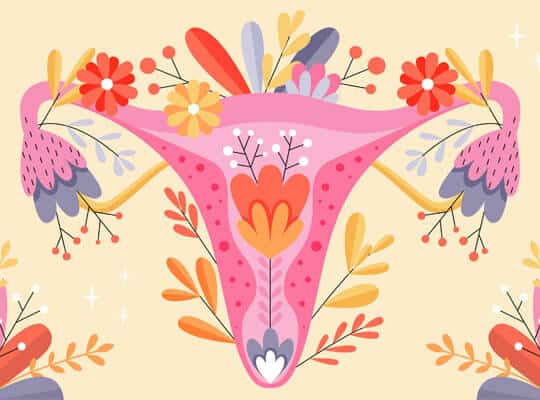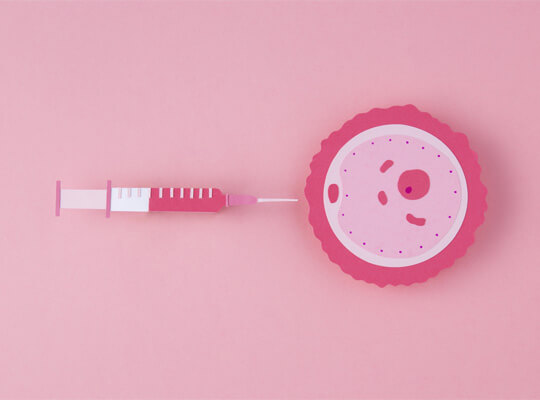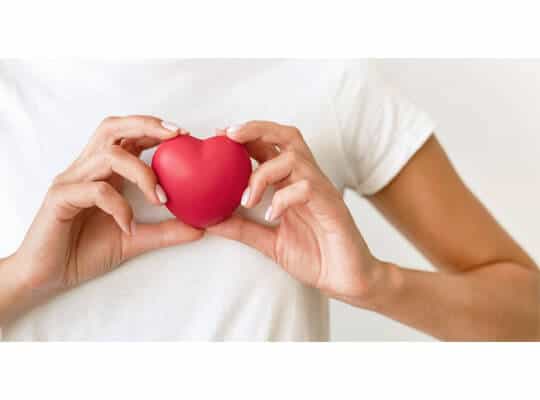Egg Freezing
Table of Contents
Considering that egg quality is related to age and environmental factors, even if you haven’t decided to become a mother yet, freezing quality eggs for your future years may be the biggest favor you can do for yourself. Egg quality affects everything from getting pregnant to a healthy pregnancy to the health of the baby. For this reason, freezing your quality eggs will return you as health when you decide to become a mother.
What is egg freezing?
The process of storing eggs or reproductive cells taken from the woman by ultrasonography at -196 degrees using preservatives called cryoprotectants in the laboratory is called egg freezing. Egg freezing is a method frequently preferred by many women who delay pregnancy for various reasons such as health and career. Healthy pregnancies are aimed by preserving the age and reproductive characteristics of the mother at the time of egg freezing.
Who Needs Egg (oocyte) Freezing?
In North Cyprus egg freezing can be applied to all women who got aged, who have chromosomal abnormalities, risk of miscarriage or difficult pregnancy.
Who is eligible for egg freezing?
Young women have significantly higher success rates than older women in egg freezing. For this reason, women who want to have egg freezing should do this as soon as possible.
Why it’s done?
Egg freezing can be done in order to preserve the reproductive capacity of people at an older age and have not thought of pregnancy yet.
Some medical treatments, such as radiation or chemotherapy, can harm your fertility. In diseases causing ovarian failure and cancer patients; applying egg freezing before radiotherapy, chemotherapy or stem cell transfer can enable you to have a child.
If you want to store your young eggs for future use, freezing the eggs at a younger age can help you get pregnant when you’re ready.
Egg freezing risks
The risks in egg freezing are usually insignificant. Serious side effects are generally not observed. During the period of ovulation stimulation and egg collection and immediately after that, discomfort due to the enlargement of your ovaries and due to stimulating hormones, temporary swelling, some premenstrual-like symptoms may be possible effects of egg freezing. These side effects only last for the days of drug taking and decrease after a while.

What you can expect from egg freezing?
While freezing eggs with the Slow Freezing method, a slow decrease in the temperature of the eggs is observed. The biggest problem of this method is that when it comes to the freezing moment, ice crystals rise inside the egg cell and damage the egg cell. For this reason, embryos frozen with the Slow Freezing method can survive less than 50% when thawed.
In the vitrification method, on the other hand, there is no crystallization problem as the frozen eggs reach a very low temperature in a very short time. If the egg is of high quality in egg freezing processes performed with the vitrification method, successful results of over 90% are expected.
Egg retrieval
In order to collect high quality eggs, the ovaries are stimulated and undergo certain hormone treatments. Once viable eggs are identified, another injection procedure is applied, which triggers egg maturation. In order to determine the location of the follicles, a transvaginal ultrasound probe is inserted into the vagina and the application is started. A needle is then applied to each follicle to gently aspirate the eggs. Egg retrieval usually takes only about 30 minutes.
Some discomfort, such as cramps, may be experienced after the procedure. These side effects are usually short-lived and go away on their own.
Egg Freezing
Egg cells obtained after egg collection are frozen by applying a freezing method called vitrification. Frozen gonad cells are stored at -196 °C in storage tanks containing liquid nitrogen and their records are kept in TRNC. Then, couples can apply and initiate transactions when necessary.
After the egg freezing procedure
Immediately after your eggs are retrieved, the collected eggs are transported to the embryology laboratory by embryologists. The embryology team will find your eggs, count them, and place them in nutrient media that mimics the environment of your fallopian tubes. The eggs are then placed in the incubator labeled with your full name and medical record number, and the process is finalized. Collected eggs are preserved in liquid nitrogen cryotanks after cooling.
How Will the Eggs be Used in the Future?
Egg freezing processes are carried out in two ways ın North Cyprus. These are:
Slow freezing,
Fast freezing (vitrification) methods.
Slow freezing method: It is the traditional egg freezing method. In this method, initially low concentrations of cryoprotectants are used. The temperature gradually decreases and the metabolic rates of the eggs decrease. Thus, higher cryoprotectant concentrations are used. Frozen eggs are stored in liquid nitrogen tanks at -196 degrees.
Vitrification: It is an ultra-fast freezing method. In this method, cryoprotectants are added in high concentration while the eggs are at room temperature initially. Rapid cooling is achieved with high cryoprotectant concentrations. With the vitrification method, ice crystals that will adversely affect the cells or tissues are not formed.
With these two freezing methods used in egg freezing, embryos are preserved and stored for a long time, and embryos of the expectant mothers are frozen and stored for use when they are ready to become mothers.
Are There Effects on the Offspring Conceived from Frozen-thawed Oocytes?
No increase in the risk of congenital anomalies between frozen embryos and fresh embryos was observed in the scientific studies, There is no disease in babies born with egg freezing.
How Long Can the Eggs be Stored?
Scientific studies Show that healthy pregnancy is achieved even when frozen eggs are thawed after a very long time, such as 10-15 years.
In North Cyprus, the storage period of frozen eggs is 1 year. However, in accordance with the relevant regulation of the Ministry of Health, frozen embryos can be stored in liquid nitrogen for 5 years.

What’s the best age to freeze your eggs?
With aging, the quality of the eggs decreases and chromosomally defective eggs are produced. When pregnant with poor quality, defective eggs, pregnancy results in miscarriage or babies born with disabilities. In order to have a good number and quality of eggs and to achieve a healthy pregnancy, performing egg freezing procedures at the age of 38 and below gives more successful results.
For More Information
Please do not hesitate to contact us for more information on the subject.



